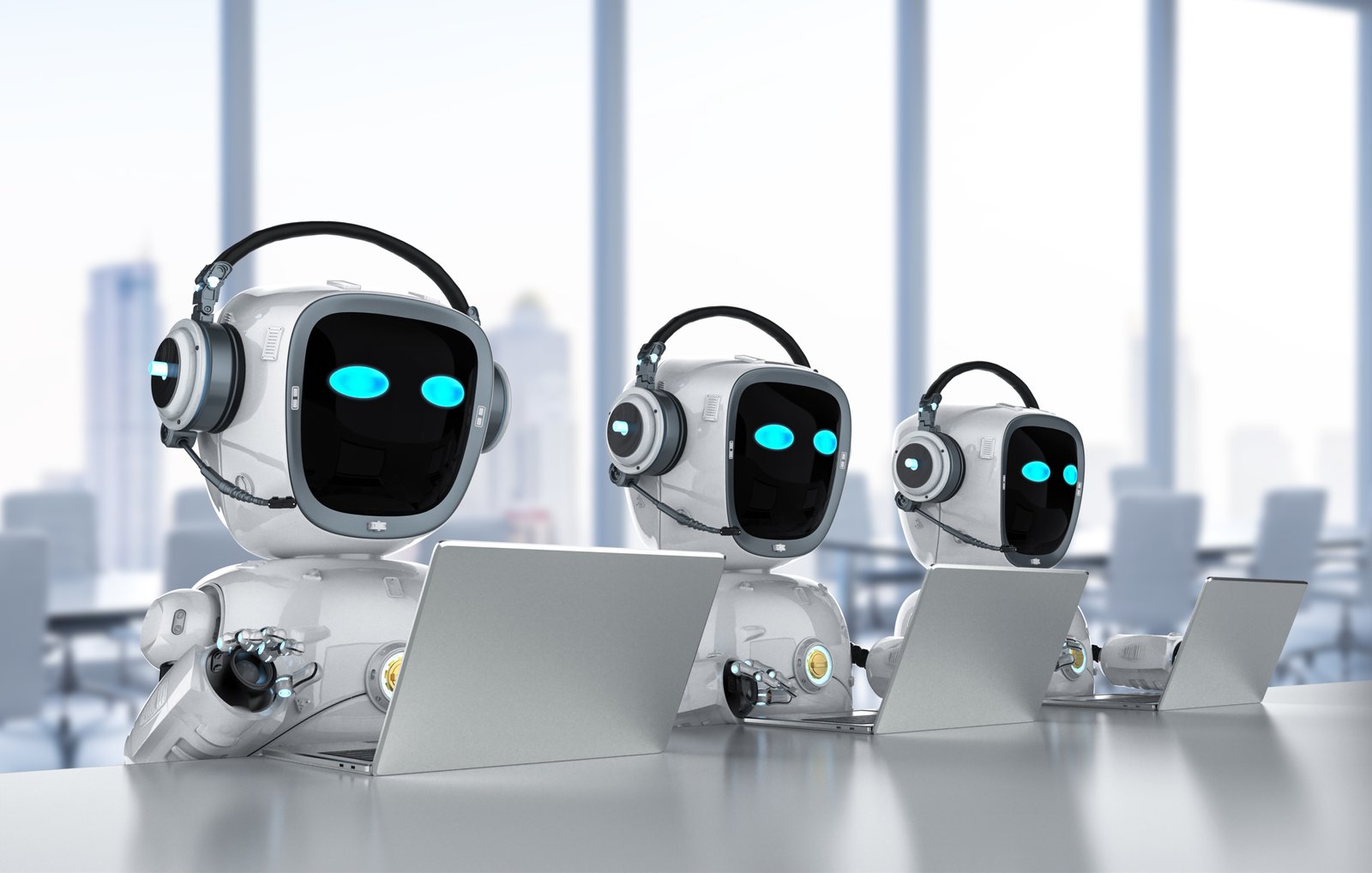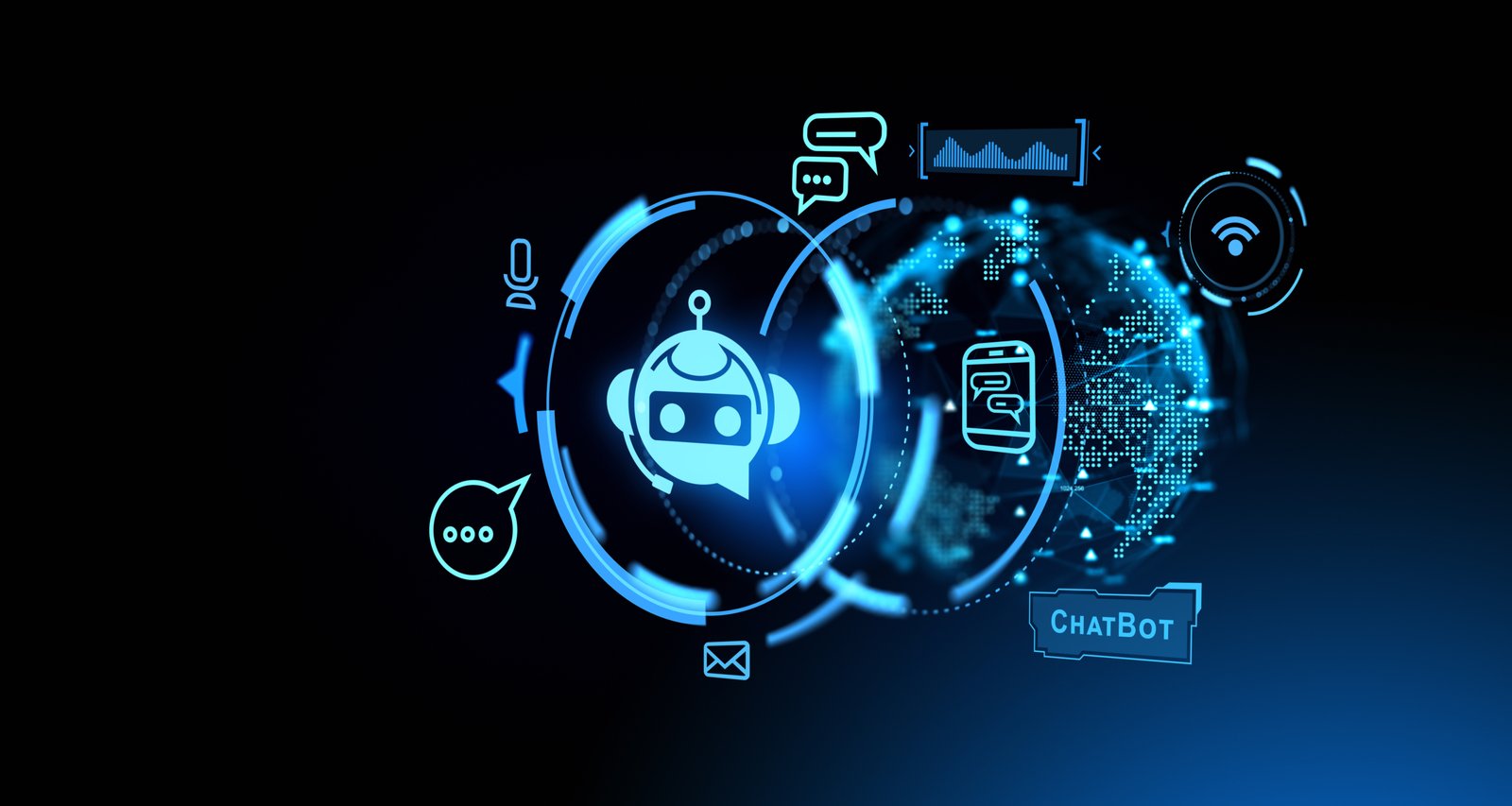Agentic AI refers to autonomous, goal-driven systems that can reason, plan, act, and self-correct with minimal human oversight. Unlike traditional conversational AI (e.g. Chatbots like ChatGPT, Gemini, Grok), Agentic AI works with set objectives, interacts with external systems, adapts through real-time feedback, and completes end-to-end tasks.
At Aimpact, we unlock the potential of Agentic AI to drive intelligent automation and strategic decision-making across the enterprise. Our solutions go beyond static AI models by enabling self-operating digital capabilities that evolve over time.




